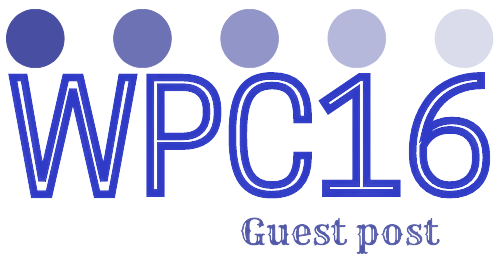Huntington’s disease is an inherited neurological disease that is characterised by the progressive breakdown of nerve cells within the brain. Because of this break down, various functions of the body are affected, ranging from motor function to cognitive ability. The disease can manifest at any time, but usually symptoms begin appearing between the ages of 30 and 40. If the disease begins to manifest around the age of 20, it is called juvenile Huntington’s Disease, and it may progress even faster than it would otherwise and have slightly different symptoms.
If you have relatives that have progressing Huntington’s Disease symptoms, you should consider getting yourself screened for it as you are at greater risk of developing the disease yourself. We recommend these Neurologist in Lahore, as they can best diagnose and guide you as to the condition and potential treatment options.
Symptoms
Because Huntington’s Disease results in a general breakdown of neurons in the brain, there are a variety of symptoms that may accompany it, ranging from extremely severe to mild. These include cognitive problems, motor function impairment and psychiatric issues. Symptoms vary greatly between individuals, and they may change in severity over time. As mentioned above, symptoms can also vary depending on if an individual has juvenile Huntington’s Disease. In the case of adult onset Huntington’s Disease, the symptoms include:
- Depression
- Insomnia
- Difficulty ascertaining new information
- Difficulty in coming to a conclusion or making a decision
- Hallucinations
- Chorea, or uncontrollable twitching or jerking movements
- Dystonia, or muscle rigidity or involuntary contraction
- Difficulty maintaining balance while walking or standing
- Abnormal eye movements
- Psychosis
- Loss of memory
- Speech impediments
In the case of juvenile Huntington’s Disease, the symptoms include:
- Uncontrollable drooling
- Seizures
- Muscle rigidity
- Slowed movements
- Speech impediments
- Clumsy movement
The symptoms may begin to overlap with adult onset symptoms at a certain point as one ages and the disease progresses.
Causes
As mentioned at the beginning of the article, Huntington’s Disease is a rare inherited disease. It stems from a defect in a single gene. This mutated gene is autosomal dominant, which means that even a single copy (every human has two different copies of the same gene), can cause the disease. What this means is that if even one of your parents has the disease, you would have a 50% chance of having it yourself. Hence, having the disease also means that you could pass it to your children.
Treatment
There is currently no way to cure this disease, but do not let that discourage you. There are ways that you can manage your symptoms. These range from medication to physical therapy. Medications include tetrabenazine to mitigate involuntary movement, diazepam to curb muscle rigidity and contractions, and anti-depressants and other such drugs to manage the psychiatric effects that the disease might have.
Therapy on the other hand can help reduce the issues that have to do with motor function and the loss of it. Regular training can help you retain proper motor function for much longer than if you had no training at all. Speech therapy can help you adjust to the loss of certain controls over speech, allowing you to remain coherent as the disease progresses. Psychotherapy can also help with the emotional and mental strain that the disease may have on you. If you are concerned about having Huntington’s Disease, you should consult a professional before you get too worked up about it. These Neurologist in Islamabad are perfect options to help you understand what the signs are, and what you need to be concerned about.


